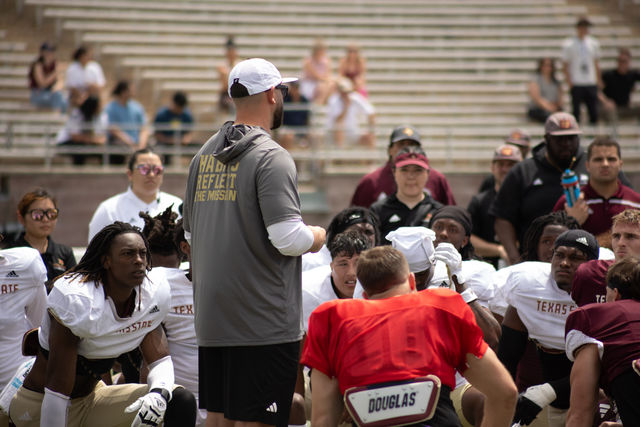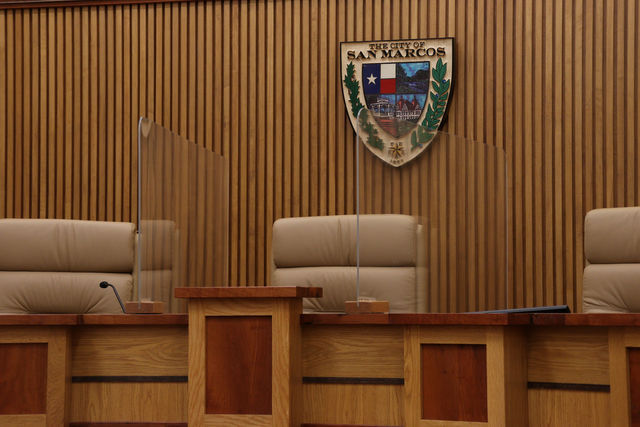Ashley Hewitt is an assistant professor in the school of criminal justice at Texas State University. She specializes in profiling sex offenders. Hewitt’s research focuses on the sex offender population and how the environment impacts and reduces opportunities for offenders to commit crime.
Parallel to Pegasus staff, Hewitt believes it is vital to find and treat the cause for inappropriate sexual behavior so youth do not recidivate as adults.
“These boys are human beings who have done a bad thing,” Hewitt said. “They should not be treated as offenders first and humans second, though. We have got to try to find the cause of sexual behavior. Pegasus feels strongly about not giving the boys the label of ‘sex offender.’”
Having negative labels constantly attached to boys, like shadows, leads to a stigma hard to ignore, which isolates the kids from peers to friends and family.
However, opposing the phrase, “once an offender always an offender,” a small percentage of juvenile sex offenders continue to engage in future crime, and fewer commit additional sexual offenses, according to Hewitt’s research.
“Criminal justice policies do not reflect what we generally know about juvenile sex offenders,” Hewitt said. “System enforcers try to take the community protection approach of incapacitating these kids for longer periods of time and giving them harsher sentences. By the time boys are out and have faced so much negativity, they will not want to engage in inappropriate sex acts again. These laws cast the net too far in applying such penalties to juveniles who, generally, are very unlikely to recidivate and continue committing sexual offenses.”
Rehabilitation ideology contrasts the state-run juvenile detention system, where treating the cause is less important than understanding how to prevent recidivism upon release. Youth are subjected to harsher conditions, including heavy supervision and stoic environments.
While over 200,000 youths are charged with crimes in adult courts—where judges tend to be tougher and punish harder—Reese views juveniles today as rougher around the edges, with a lack of respect for authority. States try to match punishments to the ever-growing severe crimes adolescents commit.
While juvenile judges do not automatically mandate boys to register as sex offenders, they opt to work on a case-by-case basis depending on the youth and his offense.
“
Ideally, we want to let them all go through treatment successfully to not get that stigma of ‘sex offender’ tacked on to their identity. Unfortunately, some juveniles need registries for accountability. Not all kids can be rehabilitated.”
— Jerome Reese
Offenses juvenile sex offenders commit can range from indecent exposure to intercourse and rape. Gilleland blames easy access to the internet and porn as the main reason boys as young as 10 years old commit sexual acts.
“Everywhere kids go there is porn or pornographic images,” Gilleland said. “Lately, the majority of kids coming here have been offending due to high exposure to porn. They show each other graphic images at such young ages, and all have electronic devices, so it is easy to stumble across sexualized content.”








